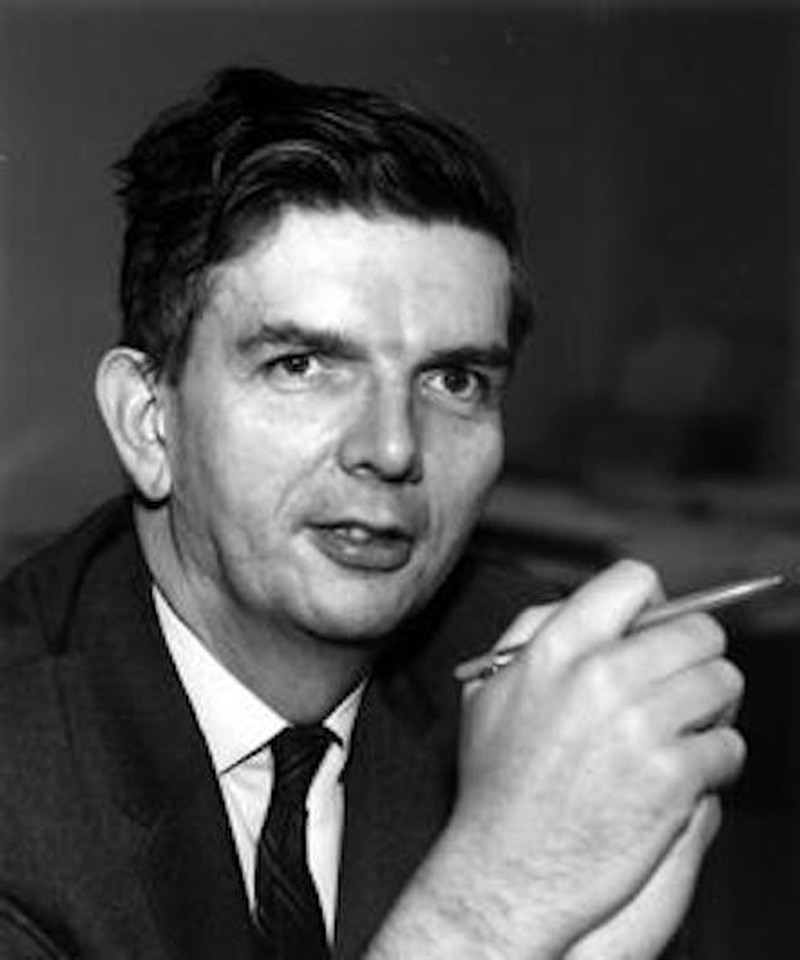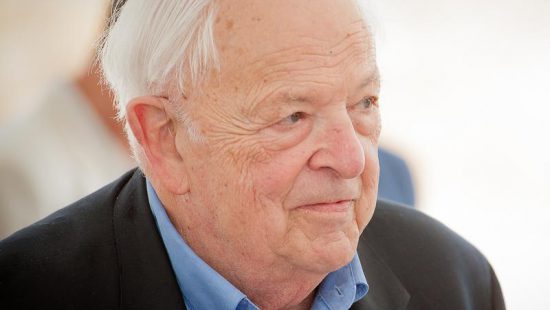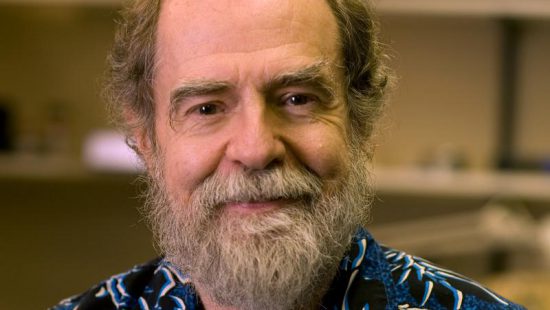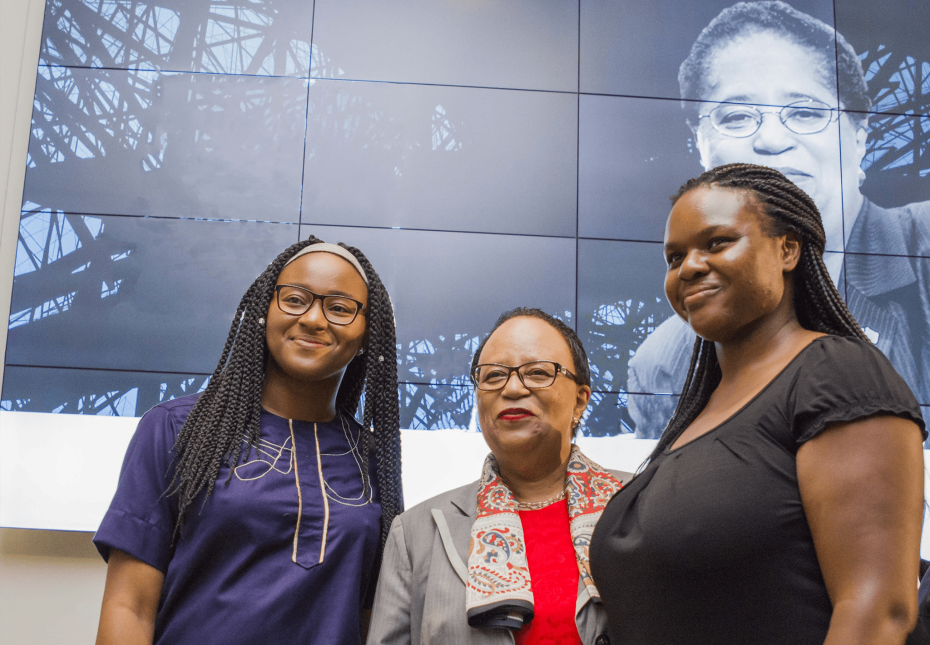In the 1960s, scientists suspected that residue from the Big Bang – the theory that the universe was expanded in a massive explosion – might still be evident on Earth in the present day.
Robert H. Dicke, a professor at Princeton University, was developing a radio antenna to detect this primordial radiation when two other investigators discovered the “Big Bang echo” by accident, beating him to the Nobel Prize.
But Dicke’s accomplishments didn’t go unnoticed by the scientific community.
The instrument he developed for his experiment, the Dicke radiometer, is now a standard tool used in astronomy to detect cosmic thermal radiation.
Dicke also challenged Albert Einstein’s theory of relativity, which argues that the laws of physics are the same everywhere. It often used to predict black holes and Mercury’s orbit.
Instead of accepting Einstein’s work, Dicke formulated his own theory, the Brans-Dicke theory of gravitation, which opened the door for more research into relativity.







